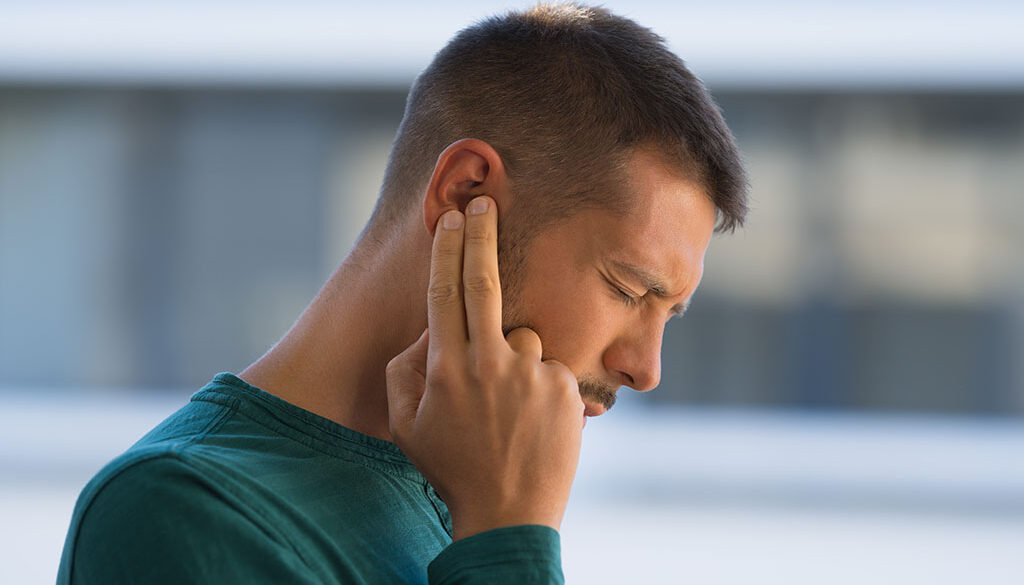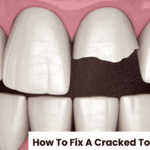It’s not uncommon to hear strange noises in the ears—popping, hissing, buzzing, or crackling. Many people compare the crackling sound to the noise of pouring milk over Rice Krispies or Corn Flakes. While this can be harmless, persistent crackling may signal an underlying issue.
So, why does crackling in the ear happen? And when should you be concerned?
Let’s explore the common causes, prevention strategies, and available treatments for ear crackling.
What Is Crackling in the Ear?
Crackling in the ear refers to intermittent or persistent popping or rustling noises inside your ear, especially when swallowing, yawning, or moving your jaw. These sounds often come from within and can vary in intensity. While usually harmless and temporary, recurring symptoms may indicate an issue requiring medical attention.
Common Causes of Crackling in the Ears
Several factors can cause crackling sounds in the ears. Here are the most common culprits:
1. Earwax Buildup
How it causes crackling:
When excess earwax accumulates, it can harden and interfere with normal ear function. Movements like chewing or swallowing can trigger a crackling or popping sound.
Note: Using cotton swabs may push wax deeper into the ear canal, making the issue worse.
2. Clogged Eustachian Tubes
The Eustachian tube connects the middle ear to the back of the throat and helps equalize pressure. When it becomes blocked due to allergies, sinus infections, or altitude changes, you may hear:
- Popping
- Buzzing
- Crackling sounds
You might also feel a sensation of fullness or reduced hearing.
3. Middle Ear Infections (Otitis Media)
Ear infections can lead to a buildup of fluid behind the eardrum, causing crackling or bubbling sounds. These are often accompanied by:
- Pain
- Fever
- Hearing loss
Children are particularly susceptible, though adults can be affected too.
Prevention: How to Avoid Ear Crackling
Protecting your ears from damage and inflammation can prevent or reduce crackling sounds. Follow these simple prevention tips:
Maintain Overall Health
- Eat a balanced diet (plenty of fruits and vegetables)
- Exercise regularly
- Practice good hygiene
Avoid Triggers
- Stay away from known allergens if you suffer from seasonal allergies
- Limit exposure to environmental irritants like pollution or secondhand smoke
Don’t Use Cotton Swabs
They can push wax deeper into the ear canal, increasing the risk of blockage.
Protect Your Ears
Use ear protection in noisy environments such as concerts, construction sites, or when using power tools.
Quit Smoking
Smoking worsens Eustachian tube dysfunction (ETD) and increases the risk of infections and inflammation.
Home Remedies and First Aid for Crackling in Ear
In many cases, ear crackling can be relieved with simple at-home methods:
- Swallowing, chewing gum, or yawning to help open the Eustachian tube
- TMJ exercises to relieve jaw tension
- Over-the-counter products to soften and flush out earwax
- Warm compress over the ear to reduce inflammation
If symptoms persist or worsen, professional evaluation is necessary.
Treatment Options for Crackling in the Ear
Let’s look at medical and home-based solutions based on the root cause:
Treatment for Earwax Buildup
- OTC ear drops to soften wax
- Irrigation kits (only for healthy ears and eardrums)
- Professional ear cleaning by a doctor or audiologist
Tip: Always consult a healthcare provider before using drops if you suspect an ear infection or eardrum damage.
Treatment for Eustachian Tube Dysfunction (ETD)
Treatment depends on the underlying cause:
- Decongestants for sinus-related blockages
- Antihistamines for allergies
- Nasal corticosteroids to reduce inflammation
- For chronic ETD, balloon dilation may be recommended by an ENT specialist
Treatment for Ear Infections
- Mild infections may resolve on their own
- Pain relievers such as acetaminophen or ibuprofen
- Antibiotics if a bacterial infection is diagnosed
- Follow-up may be needed if symptoms persist beyond 2–3 days
When to See a Doctor
Occasional ear crackling is usually harmless and often resolves on its own. However, it’s important to seek medical attention if you experience persistent or worsening ear pain, fever, nausea, or vomiting. Other concerning symptoms include dizziness or vertigo, hearing loss, redness or swelling around the ear, or any discharge coming from the ear. Additionally, if the symptoms last more than a few days without improvement, a professional evaluation is necessary to rule out underlying conditions such as an ear infection or more serious ear disorders.
Frequently Asked Questions (FAQs)
Final words
You might occasionally hear popping or crackling in ear. Numerous conditions, including acute otitis media, eustachian tube dysfunction, and earwax buildup, can result in ear crackling. If you don’t also have an earache or a fever, ear crackling is typically not dangerous. You can try several home remedies to help stop the noise in your ears. However, plan an appointment with your doctor if self-care strategies fail or your symptoms are severe or persistent.
Disclaimer: The content on Wellness Derive is for informational purposes only and not a substitute for professional medical advice, diagnosis, or treatment. Always consult a healthcare provider for medical concerns.



